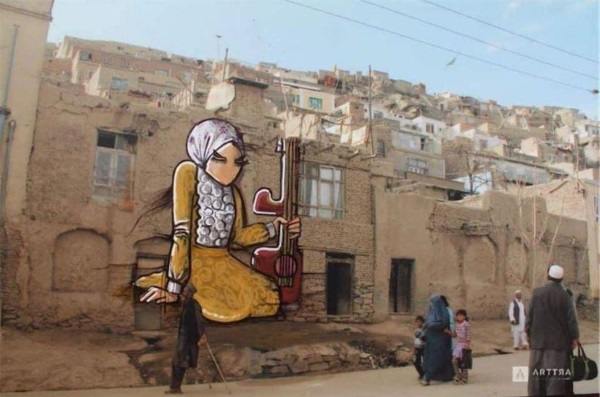Introduction Afghan Women’s Resistance - Forty Years of Struggle Against Gender Apartheid
DOI:
https://doi.org/10.31273/fd.n7.2023.1505Abstract
The defeat of the U.S. client regime in Afghanistan and the seizure of power by the Taliban in August 2021 marked a real turning point. These events represented another major setback for the United States in the wake of a failed war in Iraq. Journalists rushed to compare the debacle in Kabul in 2021 to Saigon in 1975, as Afghans fearful of Taliban rule scrambled to get onto US planes. Many were left behind as the United States rushed to get its own forces and those of its allies out.
The August 2021 regime collapse in Afghanistan, although sudden in its final manifestation, was a long time coming. The United States realized it had been defeated at least by 2020, as the Trump administration agreed to a total US withdrawal in direct negotiations with the Taliban. The Biden administration continued this policy, which had two basic aspects: the United States would withdraw by the end of August 2021, and the Taliban would not attack US forces during the period of withdrawal. Both sides kept to the bargain; the Afghan people were not consulted at all, nor was the US-backed government of Ashraf Ghani, who was not even included in the negotiations.
There was an important difference from the situation in Saigon in 1975, however. The forces that defeated the United States in Vietnam included female combatants and officers. Moreover, the regime they installed to replace the US client state espoused a modernist, if authoritarian, ideology that extolled gender equality, land reform, and other forms of social and economic transformation.
In contrast, the return to power of the Taliban was instead a setback for women’s rights of epochal proportions, and for other social and political rights as well. They set about establishing an ultra-conservative fundamentalist regime of a type not seen since the Islamic State was driven out of Raqqa, Syria, in 2017. The Taliban have again established a theocracy, which openly supports long-standing hierarchies of gender, ethnicity, religion, and class, albeit with a somewhat modern form of organization, including a surveillance apparatus and modern weapons. With its denial of secondary education to girls, the new Taliban regime’s level of gender apartheid far exceeds those of Saudi Arabia and Iran. At this writing, not a single country, not even Saudi Arabia, has formally recognized the Taliban government.
Downloads

Downloads
Published
Issue
Section
License
Copyright (c) 2024 Janet Afary, Kevin Anderson

This work is licensed under a Creative Commons Attribution-NonCommercial-ShareAlike 4.0 International License.
Authors who publish with this journal agree to the following terms:
- Authors retain copyright and grant the journal right of first publication with the work simultaneously licensed under a Creative Commons Attribution Non-Commercial Share Alike License that allows others to share the work with an acknowledgement of the work's authorship and initial publication in this journal, providing it is not used for commercial purposes and any derivative work is shared with the same license.
- Authors are able to enter into separate, additional contractual arrangements for the non-exclusive distribution of the journal's published version of the work (e.g., post it to an institutional repository or publish it in a book), with an acknowledgement of its initial publication in this journal.
- Authors are permitted and encouraged to post their work online (e.g., in institutional repositories or on their website) prior to and during the submission process, as it can lead to productive exchanges, as well as earlier and greater citation of published work (See The Effect of Open Access).
